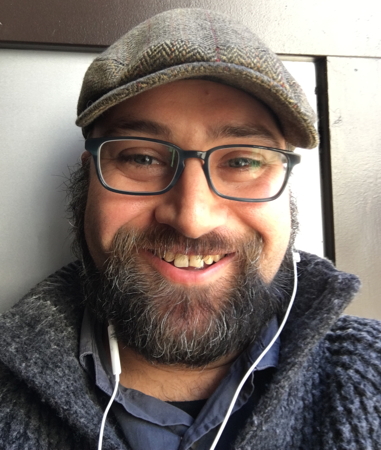Facebook CEO Mark Zuckerberg took an apologetic tone in a call with reporters Wednesday afternoon, weeks after the Cambridge Analytica debacle that has put a new level of pressure on the social media giant.
"We didn't think about how people could use these tools for harm as well," Zuckerberg said.
The call, which lasted nearly an hour, came just after the company's chief technology officer issued a lengthy statement outlining numerous changes the company is making in the name of privacy and information security. Facebook is also updating its privacy policy.
Notably, Zuckerberg said that Facebook will voluntarily implement the European Union's new privacy rules, known as the GDPR, which take effect in May 2018. "We're going to make all the same controls and settings available everywhere, not just in Europe," he said.
Last month, news broke that the British data analytics contractor Cambridge Analytica, which worked with Donald Trump's presidential campaign, retained private data from 50 million Facebook users despite claiming to have deleted it. The scandal has spawned numerous lawsuits, and it has put significant pressure on Cambridge Analytica and Facebook.
Cambridge Analytica and its affiliate companies have claimed that they did nothing wrong. The company's London offices were raided on March 23 by local investigators.
In fact, during the call, Cambridge Analytica again professed its innocence.
When Facebook contacted us to let us know the data had been improperly obtained, we immediately deleted the raw data from our file server, and began the process of searching for and removing any of its derivatives in our system.
— Cambridge Analytica (@CamAnalytica) April 4, 2018
Zuckerberg said that Facebook was founded on a sense of idealism but that those original assumptions have recently been tempered somewhat.


 Loading comments...
Loading comments...
